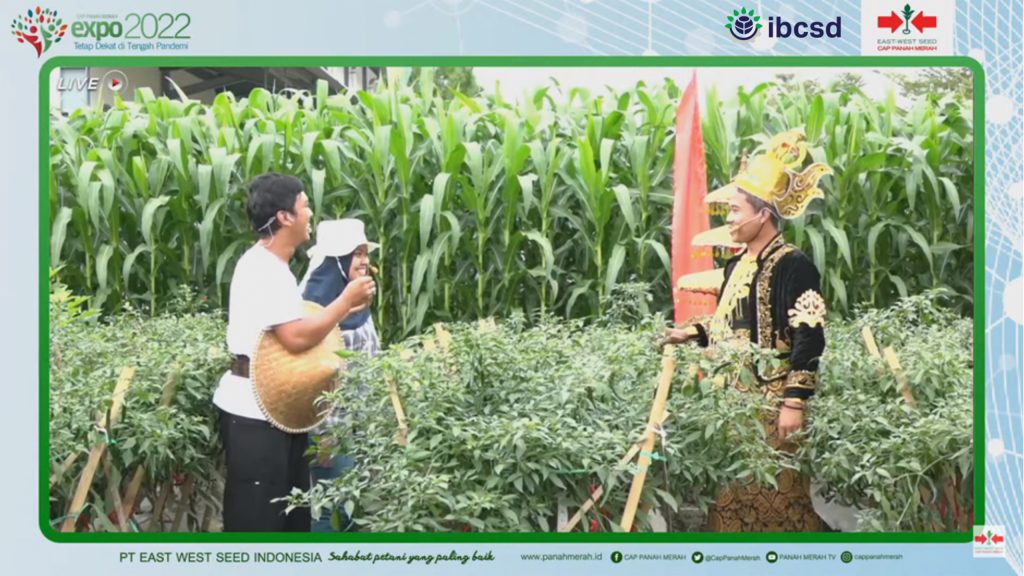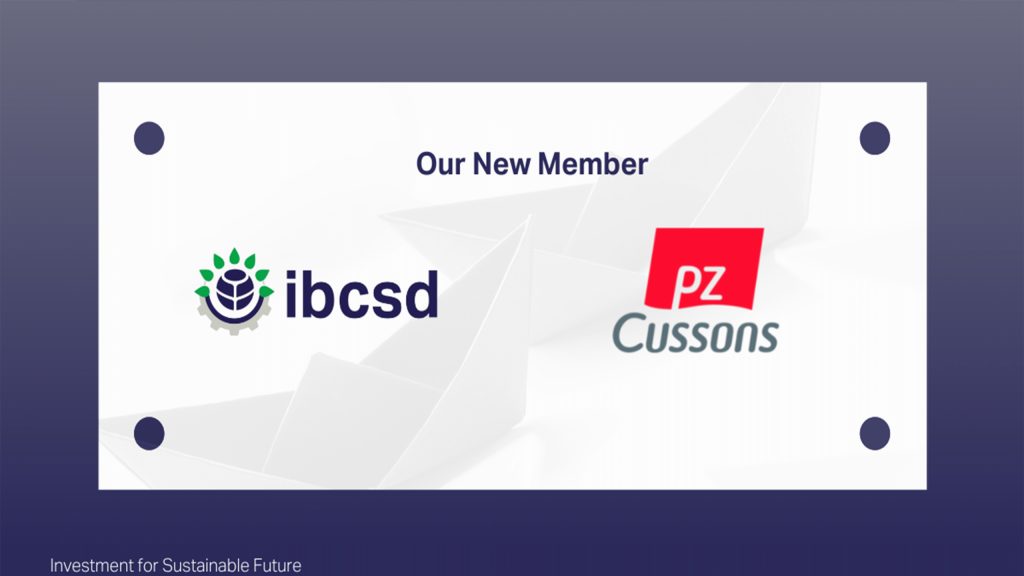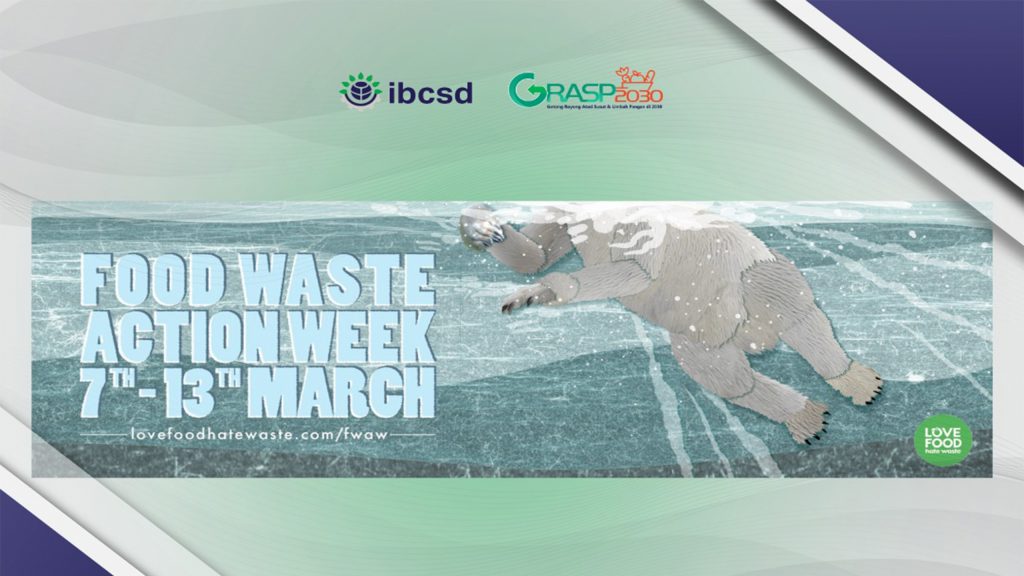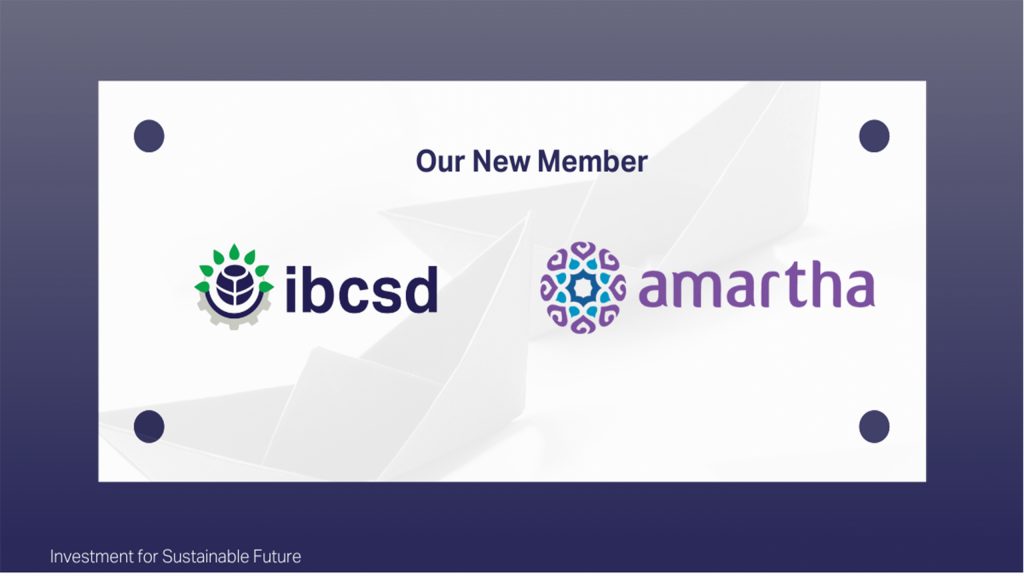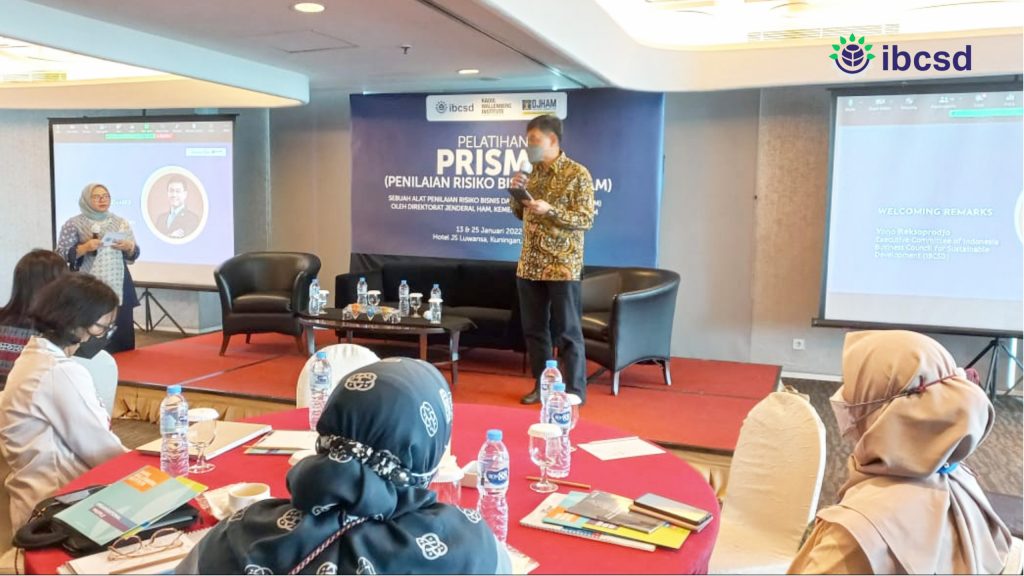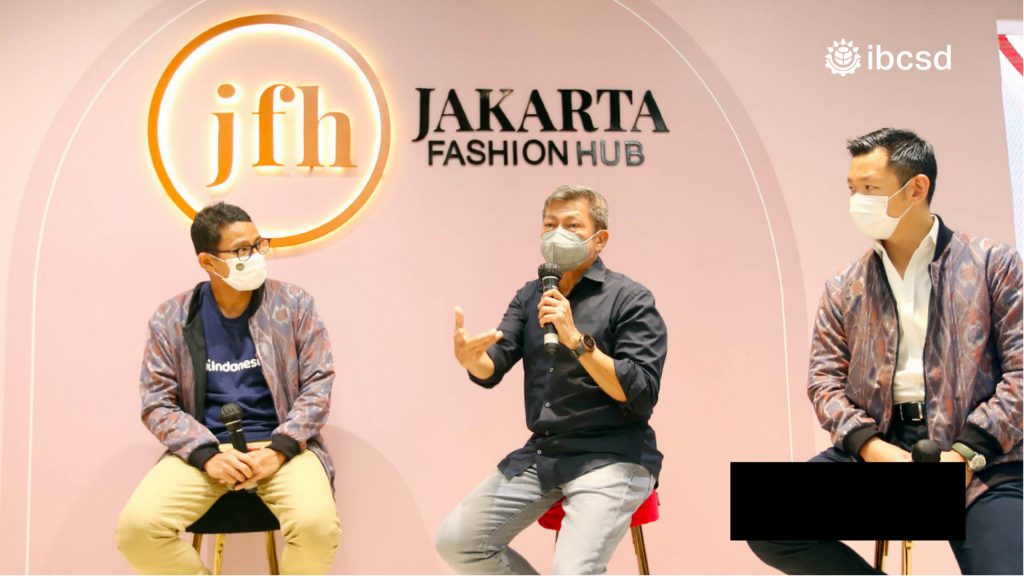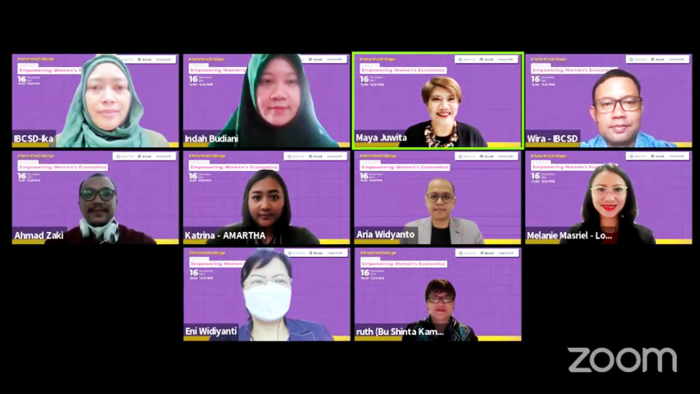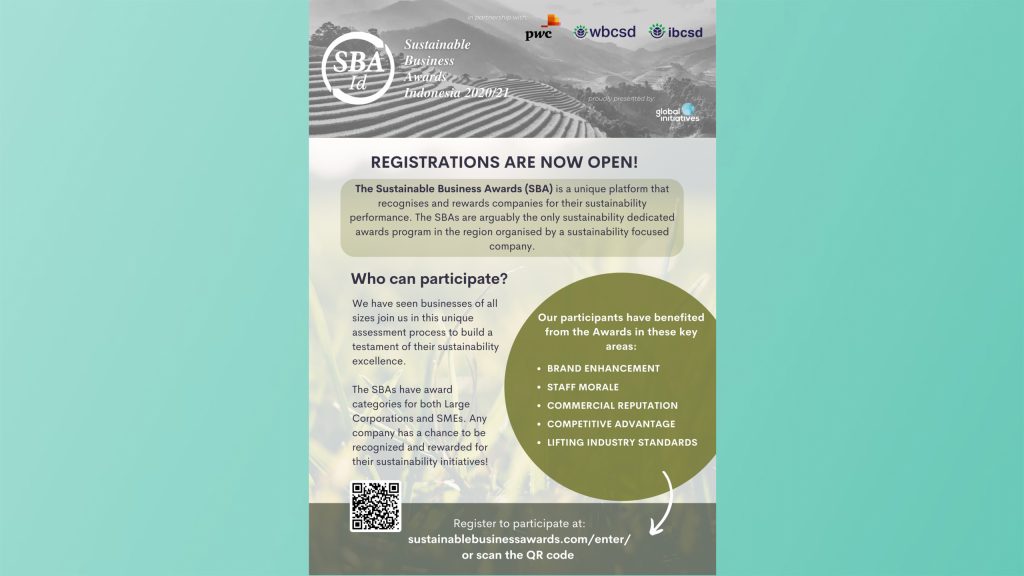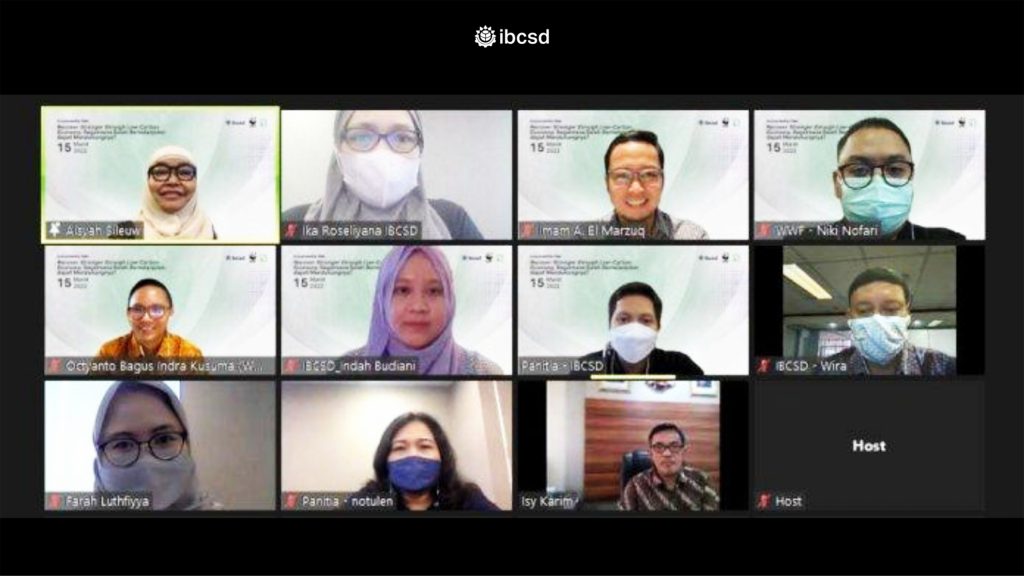
Indonesia’s Ministry of Trade and Industry Supports Sustainable Palm Oil
Jakarta, 15 March 2022 – The Ministry of Trade and Industry is preparing instruments to support the creation of a downstream industrial climate for palm oil users that prioritizes a balance of environmental, social, and economic aspects. The virtual dialogue entitled Recover Stronger Through Low-Carbon Economy, initiated by the Indonesia Business Council for Sustainable Development (IBCSD) in collaboration with the WWF Indonesia Foundation, is one of the efforts to support Indonesia’s G20 Presidency and encourage active participation of the private sector and other stakeholders in the development of a low-carbon economy through the implementation of sustainable business practices.
On this occasion, Putu Juli Ardika, Director-General of Agro-Industry at the Ministry of Industry, said that the palm oil industry is a leading labor-intensive sector that supports the national economy. As a result, the sustainable development of the downstream palm oil industry is very important. Palm oil and biomass should be produced by international standards based on sustainable development goals so that Indonesian palm oil feeds the nation and the world and contributes to global food needs. “Currently seeing the development, in terms of regulations and completeness of ISPO for the downstream palm oil industry, it has reached the final stage. But still waiting for the legal cover to arrive in the near future.”
Isy Karim, Director of the Ministry of Trade’s Basic Needs and Important Goods, said that the Ministry of Trade encourages policy programs downstream of palm goods, not only in the form of raw materials. The Ministry of Trade wants palm production to have a higher value not only for export. “Meanwhile, to support the absorption of domestic consumption of sustainable palm oil products, we are still waiting for directions from the President.”
On the other hand, the increasing demand for palm oil is frequently linked to environmental and social issues. Therefore, RSPO Senior Manager Global Community Outreach & Engagement, Imam A. El Marzuq explained that implementing sustainable palm oil production practices can answer these challenges. “Replacing palm oil with other vegetable oil substitutes is not a solution. Palm oil plantations that are certified sustainable have a 35 percent and 20 percent lower impact on greenhouse gas emissions and biodiversity than non-certified plants when compared to other vegetable oil commodities.” As a result, the RSPO places a high priority on developing palm oil governance that uses Certified Sustainable Palm Oil (CSPO) to reduce deforestation.
The Palm Oil Buyers Scorecard (POBS), an annual publication launched by WWF in 2009, aims to track the progress of companies in the downstream sector in procuring sustainable palm oil products and derivatives based on criteria such as supply chain and supplier sincerity, as well as sustainable actions and investments, showed an increase in awareness in almost all indicators.
Senior Engagement Manager Global Palm Oil WWF Singapore, Octyanto Bagus Indra Kusuma said “The positive trends in POBS in the downstream palm oil industry are due to increased market awareness and demand pressure, ambitions for sustainability as the company’s core and low-carbon green economy transition policies. So that more and more companies want to improve themselves and prove the palm oil industry is free from deforestation and human rights violations.”
The aspect of sustainability as the company’s core is now also one of the main considerations in financing investment in the financial services sector (SJK). In a panel discussion session, Charles Kho, Head of International Subsidiary Banking at HSBC Indonesia, said that the Green Taxonomy is the starting point for a uniform standard of reference language for banks. However, in the future, this document alone will not suffice; reporting requirements must be developed, and the progress of green operations must be exposed on a regular basis to avoid potential greenwashing practices.
“In the context of our palm oil and supply chain, we will focus on Green Loan-Sustainability Linked Loan (SLL), Trade Financing-Sustainability Linked Trade Load (SLTL) and Sustainability Supply Chain Financing (SCCF) which are based on Green Loan Principles. Charles emphasized that the most important thing is that the company has a key performance indicator (KPI), sustainable performance targets (SPT), good governance, which allows for measurable reporting and verification. He hopes that HSBC Indonesia’s green loan-financing products would serve as a catalyst for boosting economic activity while reducing negative environmental and social impacts.
In general, the participants in this discussion feel that sustainable palm oil is a major industry that can help Indonesia achieve a low-carbon economy. With the urgency of a climate change strategy by the state, the G20 presidency provides an opportunity for Indonesia to become a leading sustainable palm oil enterprise.
It’s time for sustainability issues to be treated as a collective duty that requires significant cross-sectoral collaboration. Multi-stakeholder efforts made by the government, the financial services sector and certifying bodies are required to work together to create an ecosystem in which downstream and upstream oil palm industry actors compete to implement ecologically and socially responsible business practices.
